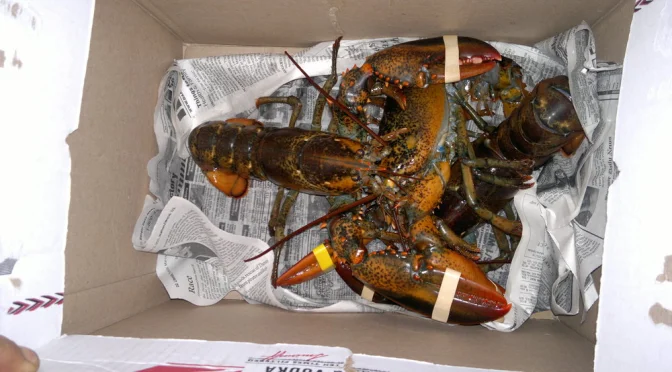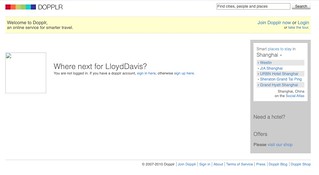I’ve recently started working with Black Elephant, which is a movement dedicated to building connection through more open, honest conversations among truly diverse groups of people. I believe that this kind of connection, and the sense of belonging that can come from it, should be available to everyone.
The basic unit of our work is a 90-minute meeting called a “parade” (cos that’s a cute name for a group of Elephants, and feels nicer than calling your friends “a herd”). There are some in-person parades, but at the moment, most are online (on Zoom). They’re different from other video conference meetings in a couple of ways:
- there’s a simple structure, with no talking over each other. A couple of days before the event, everyone gets a couple of questions to reflect on and to answer when we get together. These are designed to get us talking about real life, the world and how we feel about it, rather than to stimulate an intellectual debate. There really are no wrong answers and you can reveal as much or as little as you feel comfortable with in the group. No-one will comment on what you’ve said. We just hear each other. We also do very simple intro and outro rounds to top and tail the meeting.
- everyone is there as a peer, these are groups for mutual connection, support and partnership, and although there’s a host who runs the process, we’re doing our best to make sure it’s not “us and them” – the host shares of themselves in just the same way as everyone else.
- everyone gets the same amount of time to share – it depends on the size of the group, but it’s usually about three minutes each per question.
I’m starting my own parade “On Golden Sands” (a slightly ironic reference to my local “beach”) on Thursday mornings at 11am-12:30pm UK Time.
If you’ve been to meetings with me before online or off-, you’ll know that I’m a fan of “as much structure as we need to make something useful happen, and no more”. This format has more structure than something like Tuttle, but not much.
If you’d like to come along, let me know. The first is next Thursday, 21st September 2023 I’m limiting them to 10 people including me, and I want to ensure diversity within parades, so we might need to have some to-and-fro over which week you come. You can also sign up on https://blackelephant.app and then you’ll be able to see the other parades that are available and request a slot on one of them (note that all the times on the site are GMT/UTC – welcome to global community building!)



